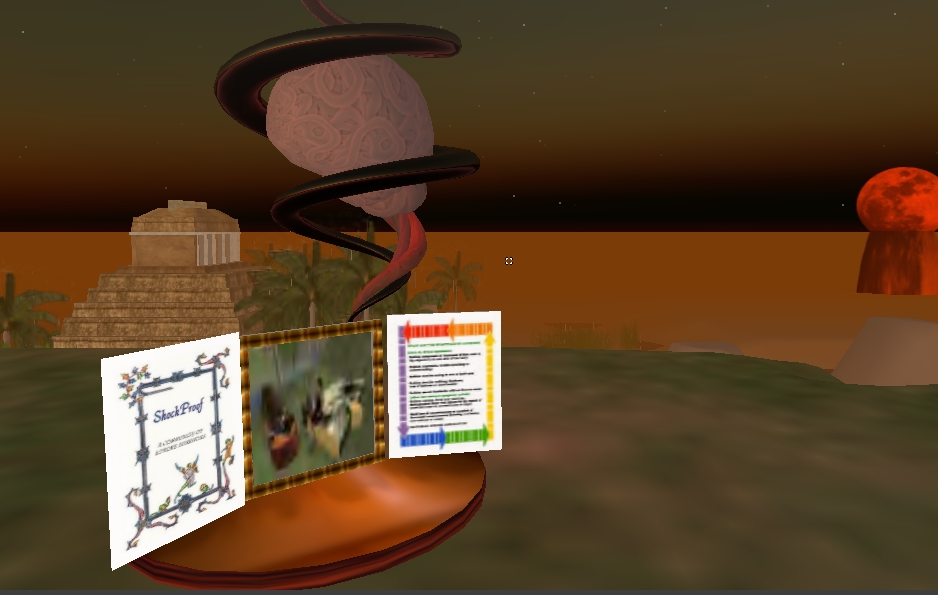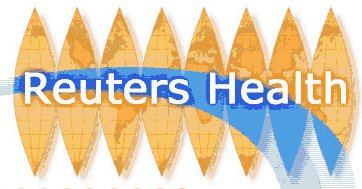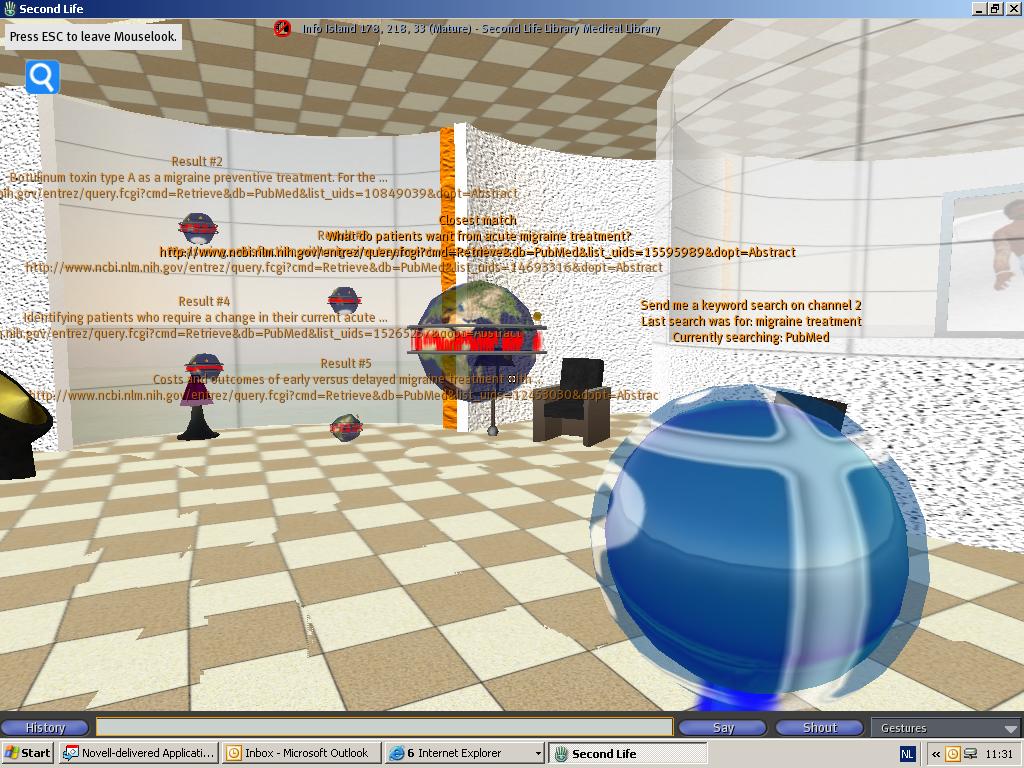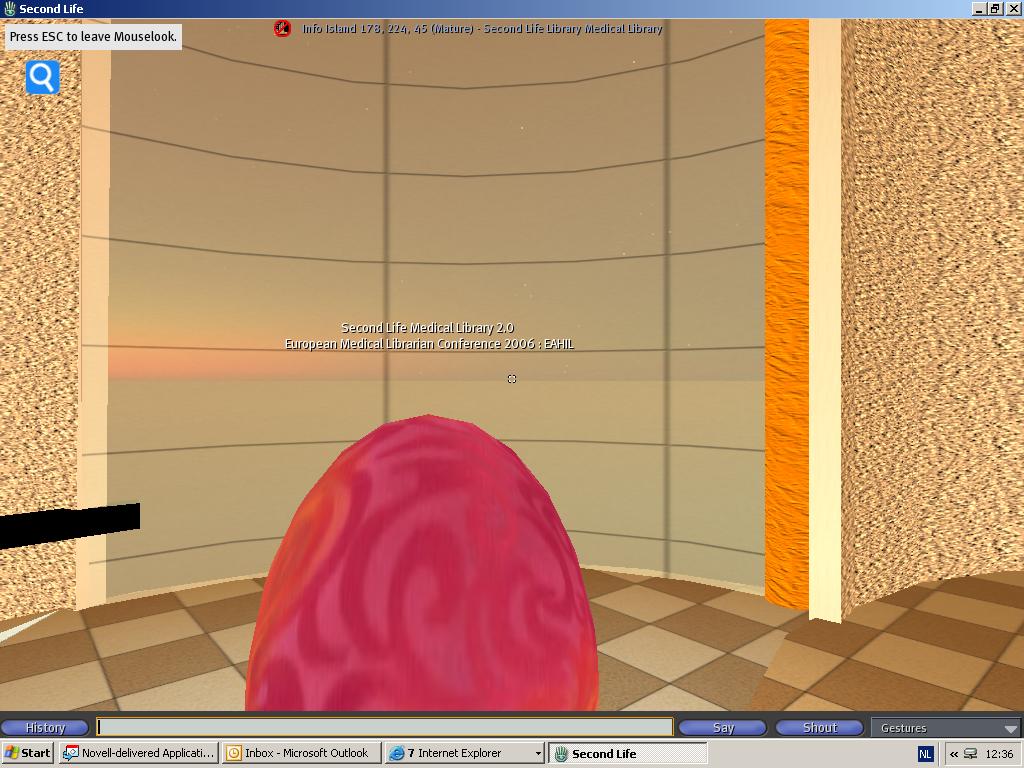 ramble
rambleVirtual reality - I tell you, the more I look around, particularly in the areas devoted to education and research, the more impressed I am. The list of universities and individuals involved in some way with SL just blows my mind (that's an academic syndrome). As far as I am concerned, the opportunities for networking at SL at least equal those in RL, especially across different disciplines. Do I normally interact with librarians from Yale, researchers working on government-funded bioterrorism training simulations, experienced education faculty (and the list continues)? - no. But it's not so much about the impressiveness of it all, so much as it is the shared potential, a palpable strand of excitement.
Trying to come to terms with it all is a real challenge - because we are confronted with every single issue we have in real libraries (which are increasingly virtual - even our patrons are increasingly a virtual presence). Organization of information, user needs & policies, collection development, outreach to various groups - all of it exists at SL. I've spent 20 years in public and medical libraries, and I recognize a challenge that seems most appropriate to the current state of flux, in many types of
libraries.
One thing I've missed so much (since I've been in school for the past 4 years) has been p2p contact - face-to-face, direct contact in the form of a reference transaction. Vibes from great interactions kept me convinced that this profession is the best in the world. The nearly zen-like stasis involved in negotiation for meaning, teaching/learning, feeling for understanding - these things were sources of continuing wonder for me - for more than 20 years. SL transactions seem (note that I say
seem) to offer a similar potential, though in different ways.
How? From previous experiences in online communities, I've observed that intimacy is more readily achieved for some people. Quickly, we establish common ground - and quickly (perhaps because we aren't simultaneously trying to deal with the mess and minutiae of RL) we move beyond the exchange of surface biographical information, to ourselves as we are, or as we would like to be. Furthermore, people united around a shared goal (cancer survival, diabetes, smoking cessation, - building a virtual library) may more readily establish trust, and move to interpersonal reliance, than those in RL. Note how cagey I'm being, with the 'may'.



















